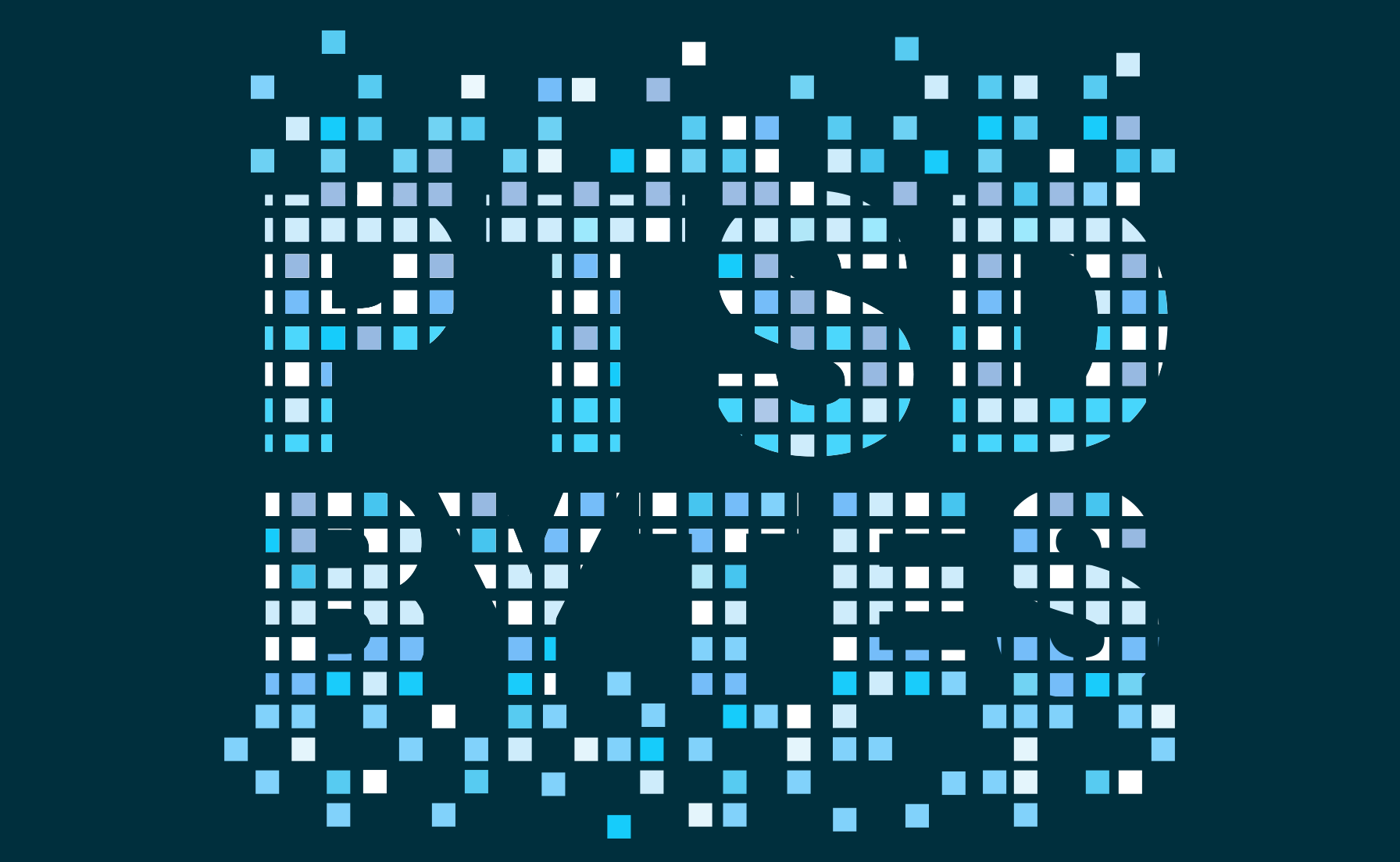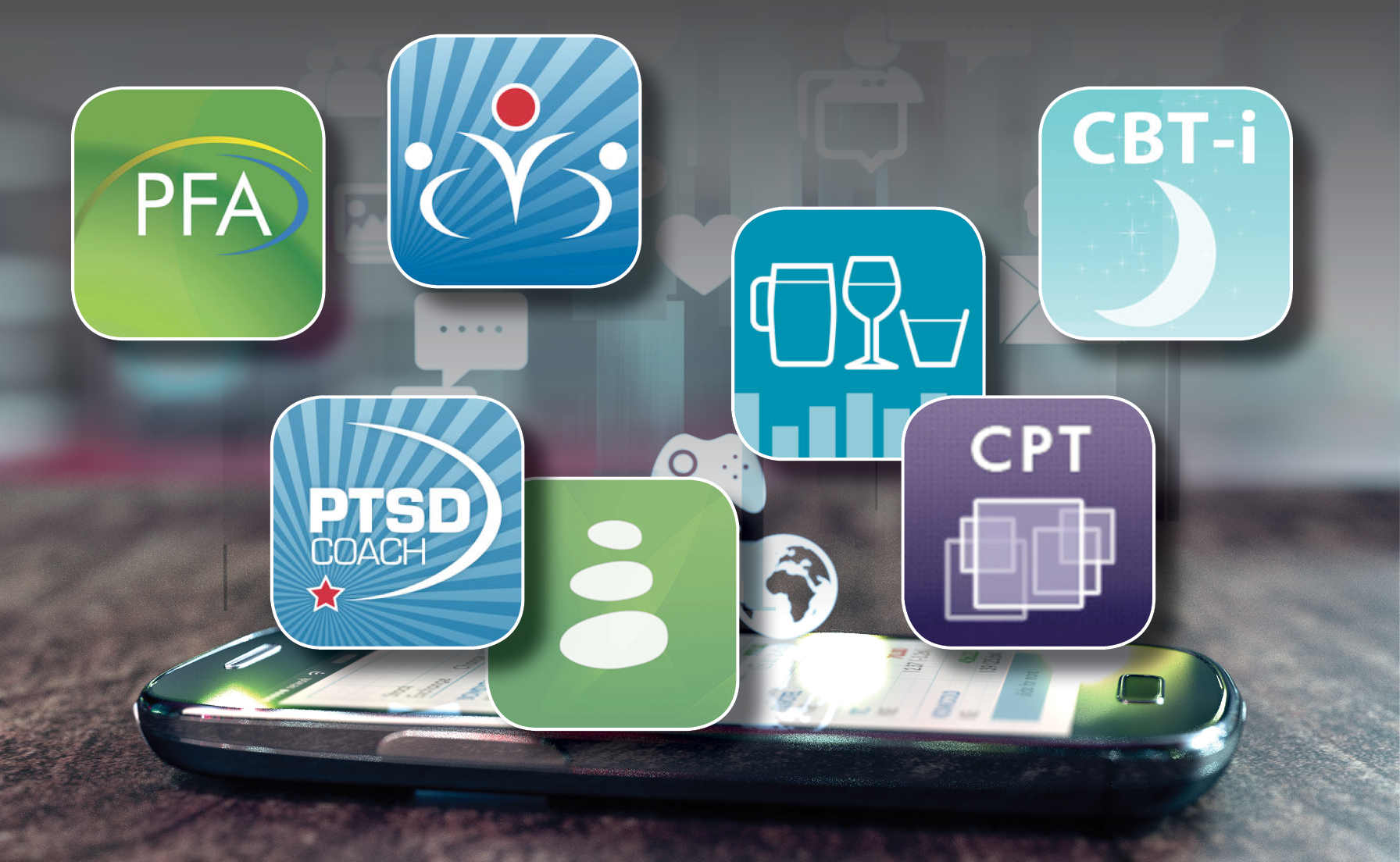PTSD: National Center for PTSD
Traumatic Brain Injury and PTSD
Traumatic Brain Injury and PTSD
Traumatic brain injury (TBI) occurs from a sudden blow or jolt to the head which often occurs during a traumatic event, like an accident, blast, or fall. So, events that cause a TBI may also be psychologically traumatic, leading to PTSD. Learn about the overlap in PTSD and TBI symptoms and treatment options when you have both. The best treatments for PTSD work even if you have TBI-related symptoms.
Reading time: minutes
What is a traumatic brain injury?
Traumatic brain injury (or TBI) occurs from a sudden blow or jolt to the head, or if something punctures your skull (like a gunshot). A TBI can occur even when there is no direct contact to the head. For example, when a person suffers whiplash, the brain may be shaken within the skull. This damage can cause bleeding between the brain and skull. Bruises can form where the brain hits the skull. TBIs affect how your brain works.
Often when people refer to TBI, they are talking about the symptoms that follow a TBI. But a TBI is the injury or event; we refer to symptoms that result from a TBI as TBI-related symptoms (or post-concussive symptoms).
How serious is a TBI?
A TBI can be mild, moderate, or severe. These terms refer to the nature of the injury itself. For example, the factors that determine severity are whether or how long you lost consciousness (got knocked out), if you remember the event, and if there is damage to the brain. TBI-related symptoms vary from person to person, so they may not be the same, even for people with similar severity of TBI.
If you weren't knocked out at all or if you were unconscious for less than 30 minutes, your TBI was most likely minor or mild. This is the most common type of TBI, and most symptoms related to a mild TBI will resolve. A mild TBI (or mTBI) may also be called a concussion.
If you were knocked out for more than 30 minutes but less than 24 hours, your TBI was most likely moderate. Being unconscious for more than 24 hours is usually a severe TBI.
How are PTSD and TBI related?
Many of the events that cause TBI may also lead to PTSD. Severe vehicle accidents, assault, military combat, or blast injuries are examples. TBI creates a physical injury in the brain. PTSD develops from the psychological trauma of the event. So, many events that lead to PTSD do not involve a head injury. And an event that includes a TBI does not mean you will also develop PTSD.
What are the symptoms of PTSD and TBI?
There is overlap in the symptoms of TBI and PTSD, especially mild TBI symptoms. For example, both PTSD and TBI may include sleep problems, negative thoughts and feelings, irritability and anxiety, or memory problems. There are also symptoms unique to each diagnosis, as shown in the table below.
Table 1. Common and Unique Symptoms of PTSD and TBI
| Unique PTSD Symptoms | Symptoms Common in Both PTSD and TBI |
Unique TBI-Related Symptoms |
|---|---|---|
|
|
|
We are learning more about why some people have both PTSD and TBI from the same event. TBI-related symptoms and PTSD symptoms may together decrease a person's ability to recover on their own. Research will continue to help us to better understand the relationship between PTSD and TBI.
How do you know if you have a TBI or PTSD-or both?
Because some TBI-related symptoms overlap with PTSD it is important to work with a health care provider to better understand what may be causing your symptoms. This is important whether the same event caused the TBI and your PTSD symptoms, or if there are different events.
Diagnosing a TBI is hard because there may not be any physical signs of injury. Details of the injury may be hard to pin down. Sometimes right after the injury the effects are so brief that they are not noticed, or you may go to the doctor later when details of the injury are not as clear.
PTSD is diagnosed by a mental health provider. You can learn more about the process and types of measures (assessments) used in our article, How is PTSD assessed?
Here are some things you might expect when you work with a health care provider to diagnose your symptoms:
- Questions about the history of your injury and/or traumatic event(s).
- Questions about when symptoms started and how long they lasted.
- Tests for your cognitive functioning, called neuropsychological tests. These are simple tasks to help the provider understand your ability to learn and remember since the trauma.
What are your treatment options if you have TBI-related symptoms and PTSD?
Research suggests that the most effective treatments for PTSD, including Cognitive Processing Therapy (CPT) and Prolonged Exposure (PE), work as well for those who also have a history of TBI as those who do not. There is also some evidence that if you have a history of TBI and PTSD, then completing CPT or PE may also improve your TBI-related symptoms.
Having TBI-related symptoms does not mean you should wait to start PTSD treatment. Your mental health care provider will work with you to find the best way to work through PTSD treatment if the TBI-related symptoms are affecting the process.
Many people recover from TBI without any formal treatment. Problems that linger may clear up in a few weeks. You may notice some problems more as you return to your normal routine. For example, you may not realize that you get tired more quickly until you return to your regular chores, work, or school. Even so, people usually get better after a head injury, not worse. Returning to your routine gradually may help. If symptoms continue to bother you after several months, professional treatment can with management of your symptoms, getting you back to doing the things that matter to you in your life.
How does VA work to address TBI among Veterans?
VA is working to make sure that TBI care is easy to access. VA uses a TBI screening tool for all Veterans who served in combat. This screen is not a diagnosis. A positive screen signals that you would benefit from further assessment with a specialty provider. VA has put in place the Polytrauma System of Care to treat Veterans with TBI who also have other injuries. Veterans with the most severe wounds are being treated at one of the Polytrauma Rehabilitation Centers or one of the Polytrauma Network Sites. Patients with less severe wounds may get treatment at local VA Medical Centers with a Polytrauma Support Clinic Team. No matter where a Veteran goes first, there is no "wrong door" for treatment.
Resources
We offer free mobile apps to help people manage symptoms of PTSD (PTSD Coach) and TBI-related symptoms (Concussion Coach). These apps do not replace professional treatment.
Summary
Events that cause a traumatic brain injury (TBI) can also be psychologically traumatic and lead to PTSD. It is also possible to have PTSD and TBI-related symptoms at the same time, from different events. Because some of the symptoms of PTSD and TBI overlap, it is important to work with a health care provider to understand if your symptoms are due to PTSD, TBI, or both. The best treatments for PTSD work even if you have TBI-related symptoms, and early research shows that these PTSD treatments may also benefit TBI-related symptoms.
You May Also Be Interested In


























